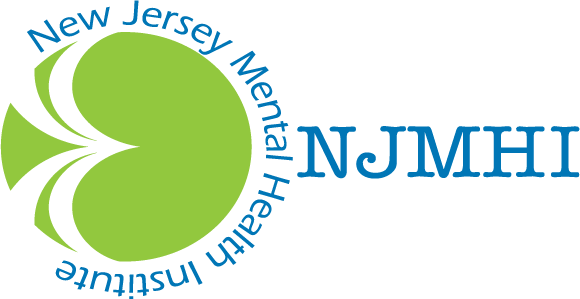NJMHI Reinforces its Focus on Increasing Access to Behavioral Health Care for Underserved Populations at its Successful Roundtable
October 14, 2025
“Since its inception in 2000 – already 25 years ago – the New Jersey Mental Health Institute (NJMHI) has prioritized ending stigma and discrimination to increase access to health services, in particular, mental health care and substance use disorder treatment, as well as services to address social determinants of health. We have worked toward this goal by creating new models and programs and holding state, regional and national conferences to raise awareness about the need to meet all people where they are from every conceivable standpoint, including culturally, racially, ethnically, linguistically and socioeconomically,” stated Debra L. Wentz, PhD, Executive Director of NJMHI and President and CEO of NJAMHAA, at the NJMHI roundtable, Solutions to Engaging Diverse Communities, yesterday.
“We need to serve all those in minority communities, low-income and rural areas, Americans with disabilities and those from all backgrounds and cultures. While the challenges are numerous and significant, and therefore, could be discussed for hours, we need to maximize our time together today by focusing on developing solutions for eliminating barriers to care. These must include expanding and strengthening a diverse behavioral healthcare workforce, as we do not have enough behavioral healthcare providers today, let alone for the future, to meet the needs of individuals in diverse communities,” Dr. Wentz emphasized.
In her opening remarks, Valerie Mielke, MSW, Deputy Commissioner for Health Services, New Jersey Department of Human Services (DHS), recognized NJMHI’s impact over the years and shared DHS and its Divisions’ internal and external collaborations to develop tailored strategies for naloxone distribution and encouraging individuals to use this life-saving medication. Deputy Commissioner Mielke encouraged everyone to visit the state’s Stop Overdoses website for details on naloxone distribution and how to get involved.
Deputy Commissioner Mielke also reinforced the need to expand and strengthen the behavioral healthcare workforce with individuals “who are reflective of the communities they serve.” She urged providers to apply for the New Jersey Higher Education Student Assistance Authority’s Behavioral Healthcare Provider Loan Redemption Program, which is available until the end of this month. Click here for details and to apply as soon as possible.
As Mental Health First Aid is critical for everyone to know, Deputy Commissioner Mielke recommended that providers write to DMHAS.DTBtraining@dhs.nj.gov to request this training, as well as the Spanish train the trainer instruction.
Elsa Candelario, DSW, MSSW, LCSW, Vice Chair of the NJMHI Board of Trustees, reinforced the need for strategies. She highlighted data and recommendations from Mental Health in the Black Community: 2021 Roundtable Report and NJ Voices Call for Greater Access to Mental Health Services for Latinx Communities, which are both available from the Latino Action Network Foundation website. “Our charge is to connect these solutions to action and ensure that what we build actually works for the communities we serve,” she stated.
“Every problem is an opportunity, every gap is an invitation for innovation, and everyone here is part of the solution. Together, we can shape equitable access to mental health care for all New Jerseyans,” stated Dr. Candelario, who is a Professor of Professional Practice, Director of the MSW Program and Director, Latina/o/x Initiatives for Service, Training, and Assessment Certificate Program at the Rutgers University School of Social Work.
Two panel discussions – one focused on engaging African-American communities with the behavioral healthcare workforce and the other with the same topic specifically relating to the Latinx population – followed Dr. Candelario’s passionate and inspiring speech. Tawanda Hubbard, PhD, DSW, MSW, LCSW, Associate Professor of Professional Practice, Rutgers University School of Social Work, and Lisa Lawson, MBA, MSW, LCSW, Executive Director, Forge Health New Jersey, moderated these discussions. The event ended with another panel discussion, Increasing Access for All through Social Determinants of Health with a Focus on Cultural Competency, led by Vera Sansone, LCSW, President and CEO, CPC Integrated Health.
“These discussions were certainly dynamic, expansive, insightful and inspiring. However, we are only scratching the surface. We will engage in deeper dives and strategy building through a series of focus groups in the near future,” Dr. Wentz stated.

